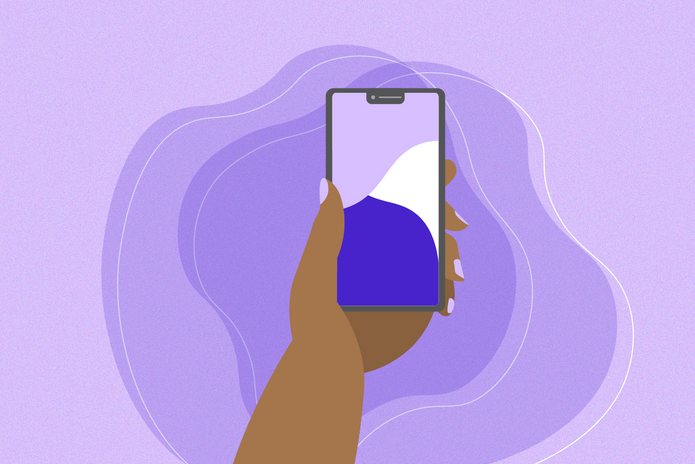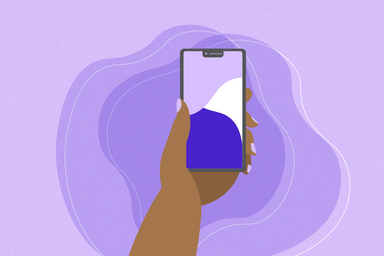When I wake up, I check my snap. During class, I scan my Instagram featured page. Once I’m done studying and I’m bored, I go through TikTok. To check the news, I hop onto Twitter.
As a communications student, I’m constantly learning about how the world is changing through the digital world we live in. It’s always been a controversial topic on how recent generations (millennials and gen z) have formed social media culture. Very often we’re shamed for how addicted we are to our phones.
The way we use social media has changed drastically. We know how companies use their marketing strategies: we’re not easily manipulated by the persuasion of social advertising and scams. However, we are often victim to the negative manipulation of society’s standards enforced by social media. We have been exposed to what is the ideal beauty standard and we apply it to the content we see on social media every day, even if it’s unconsciously.
What do we see when a travel influencer posts a picture promoting good hotel deals in Bora Bora? They might show a picture of them in a bathing suit by a nice beach view with a margarita in hand. The problem isn’t what others post, it’s what we see when we see their posts.
As human beings, we analyze. We use our skills to observe and to intake information. We scan all angles of a photo to make sure we don’t miss a thing. Growing up with the concept of body dysphoria, we begin to compare ourselves to what we see online. Although we have grown past our toxic mindset of being jealous and bringing others down, we often forget that body positivity isn’t just hyping others for being confident and shameless in every body type, it’s also about being confident with our own bodies and imperfections.
Just like every actual relationship, there are insecurities and habits we try to overcome to be able to adjust. Social media works the same way; it needs to be a partnership between you and your social media apps. If you’re going to spend time scrolling through your feed, don’t expose yourself to content that will only add to your insecurities. Be cautious of what you can handle.
Every relationship needs boundaries. Every interaction we have with our social media apps and platforms needs social boundaries too. Do we set a time limit for how long we scroll through TikTok? How much time and effort do we put into making a TikTok video? How frequently do we post a selfie or random photo on our Instagram feed, just to delete it an hour later because it wasn’t getting enough likes?
Completely removing social media from our lives is almost impossible. We built the social media culture into our generation standards. But we can still complete a social media detox by limiting the time and thought we put into them.
How we use social media is not a topic we think about often because we’ve grown used to it being part of our lives: most of us use it to chat with friends instead of through regular messages, it’s where we document, make memories and follow up with others. But it doesn’t mean we shouldn’t make ourselves aware of imaginary boundaries we need to mentally set. Social media + us should always = a healthy relationship.



